Public service in Singapore embraces flexi-work

Hybrid working arrangements are becoming the norm in the public sector, which is taking the lead in the country’s endeavour to retain flexible work.
Why employers should value remote work

While it may not work for everyone, organisations should not be so quick to dismiss remote work and the potential benefits it can bring.
More companies in India considering hybrid work model

With flexible work gaining momentum, about 73% of companies in India are evaluating the feasibility of hybrid working arrangements.
Large enterprises in Australia to continue hybrid work

Health authorities have been calling for a return to widespread remote work because of a worsening winter COVID-19 wave.
What is your employee development strategy to retain talent?

Dany Holbrook, Senior People Scientist at Culture Amp, explains how organisations can create an effective employee development strategy.
More employees in Japan returning to the office

A recent survey has shown that more than 70% of Japanese companies are currently not implementing working from home for their employees.
Greater clarity urged for flexi-work terms in Malaysia

Malaysia recently announced that workers could apply for flexible working arrangements with their companies from September 1.
How HR can play a leading role with Gen Z

Yvonne Teo, Vice-President, HR, Asia-Pacific, ADP, discusses how HR can lead a new generation of Gen Z employees in the workplace.
Building a global workforce by employing talent anywhere
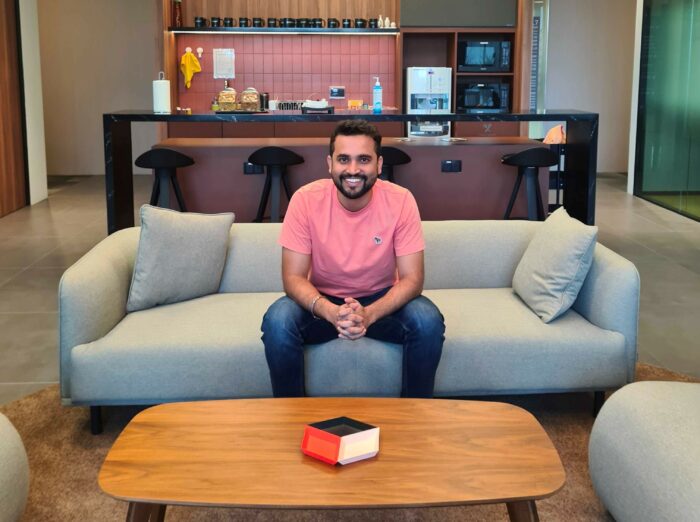
Sagar Khatri, Co-Founder and CEO of Multiplier, highlights how the company is supporting the employment of work teams internationally.
New labour laws in India to bring workplace transformation

New labour codes will potentially transform work culture, affecting working hours, salaries, leave and flexible work arrangements.
Gen Z workers in Singapore most likely to switch jobs

While renumeration is still important to retain talent, employees are increasingly looking at other factors, including transparency and flexible work.
Tech workers in India continue with WFH practice

With most companies adopting hybrid work, employers fear that ordering employees back to the office may trigger a wave of resignations.
Employers in Malaysia want to decide terms of flexi-work

Companies want to decide on the kind of flexible working arrangements that meet their needs and not be dictated to about such arrangements.
Employees in Malaysia offered flexible work options

From September 1, employees can submit written applications that can cover changes in working hours, working days and also the place of work.
Civil servants in the Philippines offered flexible work options

Government agencies can now implement alternative work arrangements at any time for some 1.7 million employees regardless of their status of appointment.
Change work for good: Redefining the workforce experience

As the way we work continue to change and evolve, organisations are looking for more ways to build an interconnected and future-ready workforce.
More companies in Thailand embrace hybrid working

While more employees in Asia-Pacific are returning to the office, many companies in Thailand are continuing hybrid work arrangements.
Role of remote work yet to be defined: Apple CEO

The key to a successful hybrid working arrangement is taking advantage of the strengths of both in-person and virtual engagement, says Tim Cook.
72.7% of South Korean big firms support remote work

Despite the easing of pandemic measures in the country, large companies are continuing to allow their employees to work from home.
Transition to flexible work begins in the Philippines

Starting from June 15, new flexible work arrangements (FWA) in the public sector will cover 1.7 million employees.
Indonesia aims to make Bali a remote work hub

A special five-year visa will be issued to lure remote workers and business-leisure travellers back to Bali and other destinations.
Singapore plans more attractive and flexible workspaces

Such workspaces will support innovation and consider the new needs of businesses and workers in the future economy.
Will other employers join Tesla in ending remote work?

Elon Musk’s call for Tesla employees to return to the office full-time has reignited the debate over the longevity of remote work.
More South Korean firms embrace remote working arrangement

Others are adopting hybrid working arrangements, allowing workers to commute to coworking spaces nearby instead of company headquarters.
Study finds that video-conferencing could hamper creativity

The authors noted that video conferencing potentially curbs creative idea generation because participants’ gaze is focused on a screen.
HR Tech Festival Asia 2022: What’s happening on Day 4
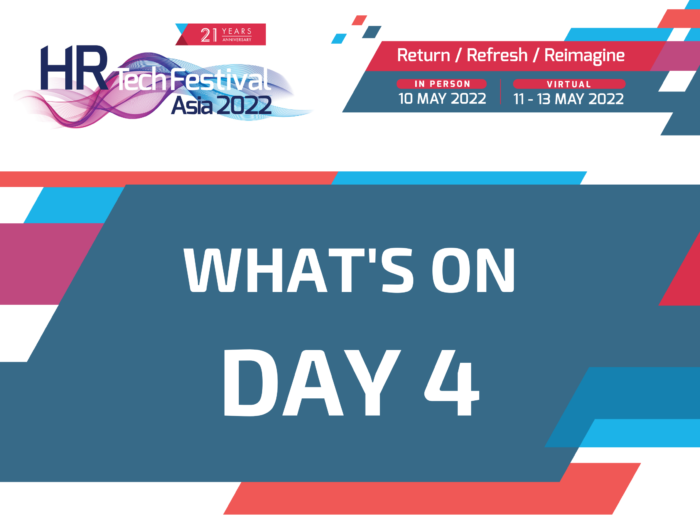
HR Tech Festival Asia 2022 is presenting Asia’s largest virtual HR technology marketplace, featuring some of the biggest tech brands.
Flexible working shaping the future of work in ASEAN
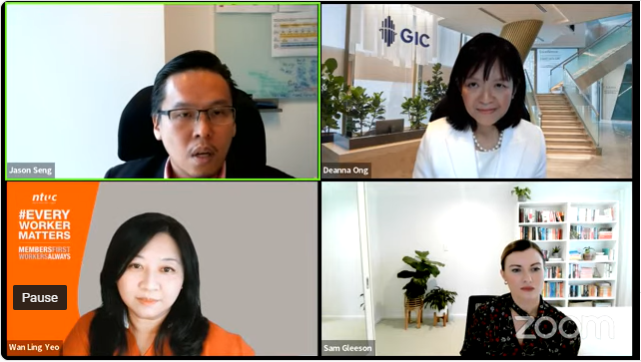
The ASEAN Future of Work conference examined the major shifts affecting the future of work in South-East Asia, including flexible work.
HR Tech Festival Asia 2022: What’s happening on Day 3
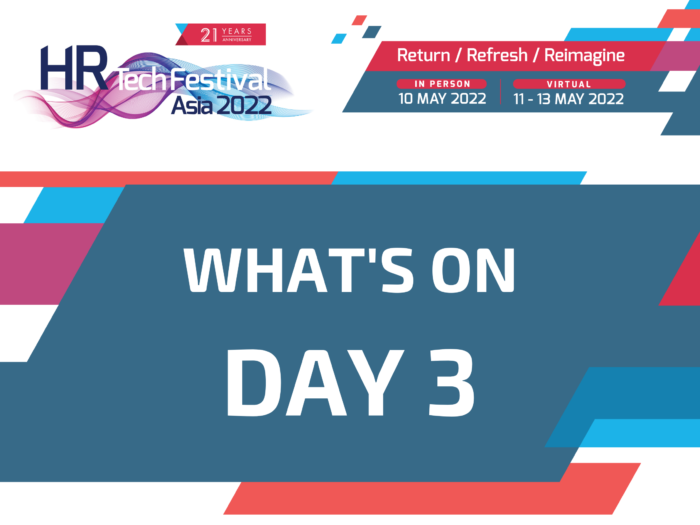
The ASEAN Future of Work conference headlines Day 3 of HR Tech Festival Asia 2022 as attention turns to shaping the future of work in ASEAN.
Addressing employee needs critical for sustained organisational growth
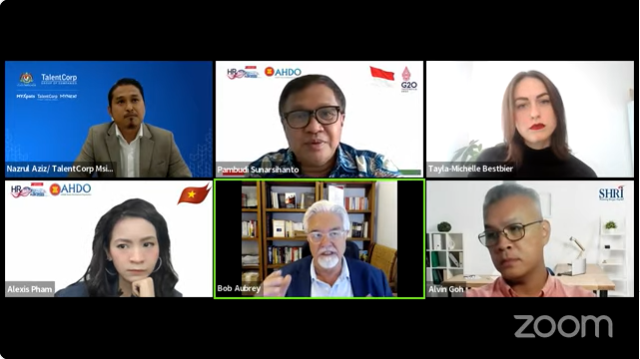
Moving to the virtual platform, HR Tech Festival Asia 2022 highlights why an organisation’s people are key to long-term success.
HR Tech Festival Asia 2022: What’s happening on Day 2
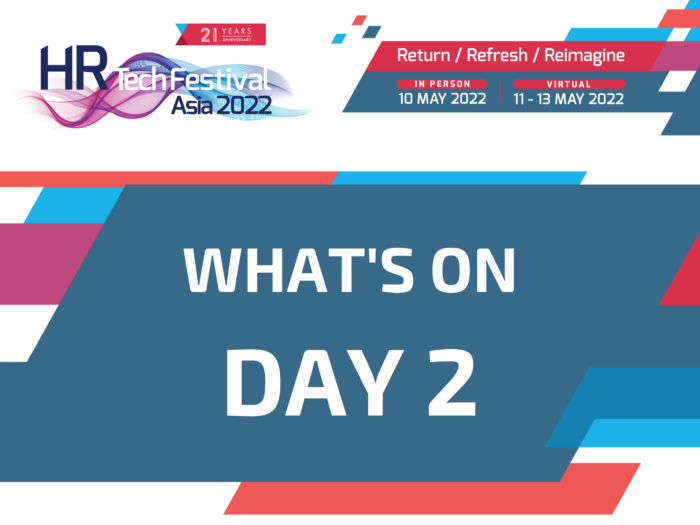
From May 11-13, HR Tech Festival Asia 2022 will be presented virtually, offering a lineup of global and regional HR leaders.

